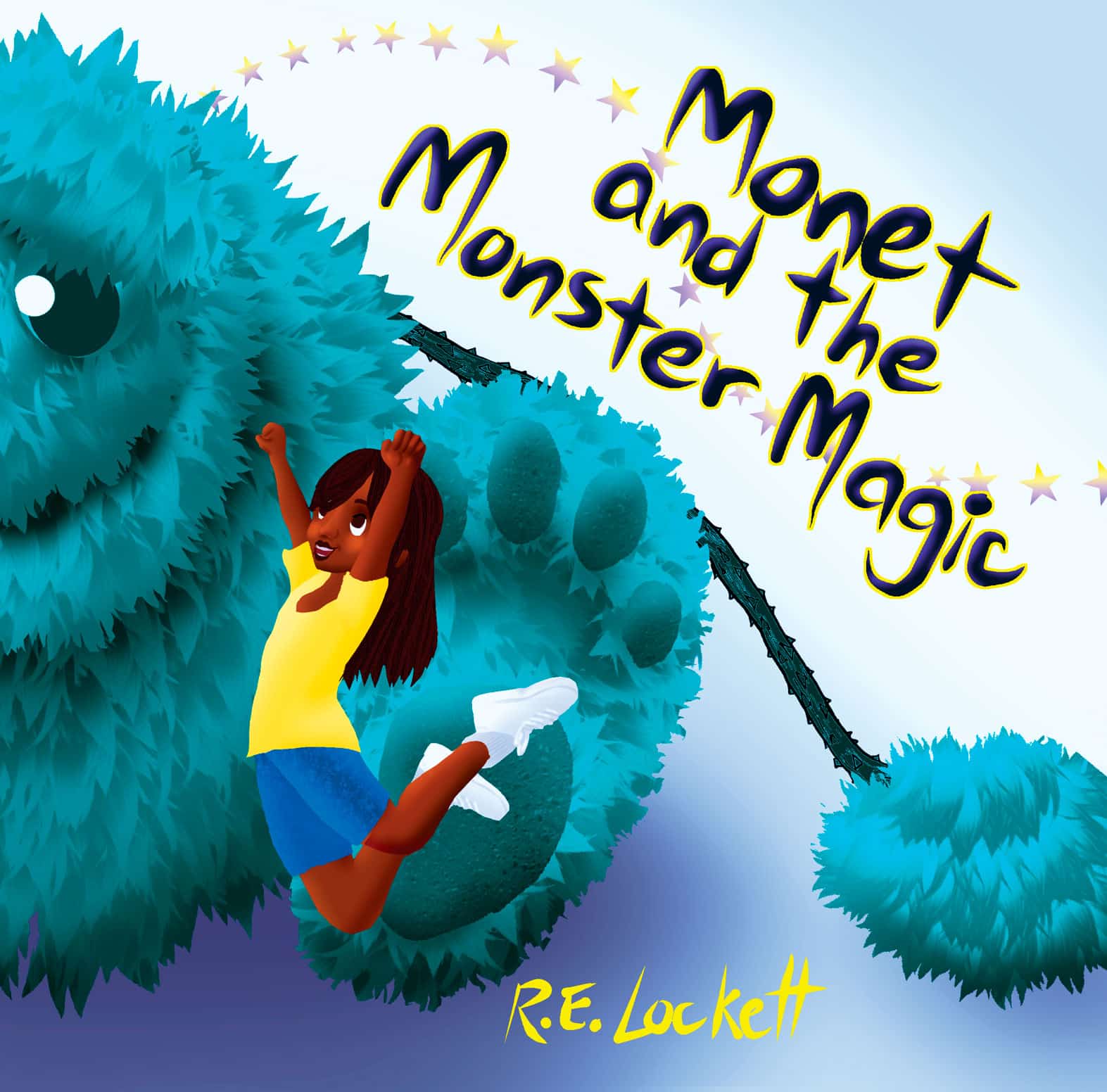Your cart is currently empty!
Lore and the Modern Gamer

in
Disclaimer: This post may contain affiliate links for books we recommend. If you make a purchase through these links, at no additional cost to you, we may earn a small commission. See our full Terms of Use here.
Storytelling is exceptionally important to the modern gamer. It’s what sets the medium apart from others. We interact with games differently than we do with films or books. For this reason, storytelling in games can’t just rely on traditional methods of exposition or dialogues. It has to be presented as gameplay mechanics that are completely integrated into the experience without sacrificing content and quality of story. Games that tell marvelous stories keep players engaged and allow them to create connections with the characters and the world that surrounds them, making gameplay more enjoyable and more rewarding.
Video games have transformed over the years. So much so that we’re living in a new era of gaming–one in which we have lifted storytelling from the backseat to become a major player in the industry. With advancements in graphics and game design, developers can now create more detailed worlds than ever before, with more intricate plot lines and engrossing characters that come together to form stories that can leave players craving more even after they’ve beaten the game.
What is Lore?
Your favorite games probably have some sort of backstory that shapes their world and gives them additional depth. We know this as lore—the history, or story, behind a game’s universe. The Elder Scrolls V: Skyrim and Deus Ex are great examples of games with critically celebrated lore.
Game lore is, simply put, a game’s story and/or world information. Lore is when you play a popular role-playing game and interact with characters who tell you their life stories or how they came to be in your current location. When you explore new settings and learn about their backgrounds or read books that explain what happened before you got there, you are exploring the game lore. It is an important aspect for games because it helps players connect more with characters and overall gameplay experiences.
To truly immerse yourself into a game, being able to understand why things are happening around you can make all the difference. It adds depth and meaning to everything you do within that universe. You don’t just fight bad guys anymore; you actively engage the enemy. Your desire to eliminate obstacles and threats more than doubles when you have an emotional connection to the process. This can help gamers feel connected with each other as well. Friends are made over similar interests through online forums where everyone talks about how much they love a certain game based on its lore alone!
Use Of Lore In Games
Game design is primarily driven by technology. This is not a bad thing as we have seen video games advance at an incredible rate over their short lifespan. Every gamer can tell you how much better games look today – even those who only started gaming in the past few years. However, there are many examples where game developers sacrifice story and lore for graphical fidelity or engine optimization. On paper having more robust graphics or more efficient programming may seem like it will sell more copies. Often, though, story and lore help to create a world that is deeper and more immersive than a beautiful game with dull writing could ever hope to achieve.
Lore allows us to connect with characters, much like reading a book or watching a movie would. The reason so many people love books such as The Lord of The Rings or movies such as Star Wars is because they have an engaging story line that pulls you into their world. Even if you do not understand everything about these worlds, you still feel connected to them. Just look at our list of 10 Great Video Games for Book Lovers. Good lore is at the heart of each.
The incredible lore in these stories offers enough depth for the mind and heart to swim in for years. Game franchises like Final Fantasy, The Witcher, and Batman: Arkham all rely on an immersive world for success. When people become invested in a story, they’re more likely to play through a game again or purchase additional games within that series. By cultivating deep lore for their games, developers can entice their audiences to keep playing.
A Good Connection
Game lore creates a connection between player and character. Often when you play a game, you are playing as someone else. You can’t see yourself in every protagonist, so you must be able to relate to them on some level. Having good lore makes that easier because it gives players something they can relate to or find interesting about each character. A deeper understanding of a character’s motivations can help build that bond.
A great example of how important storytelling is for making connections is the series Mass Effect. Each character has their own backstory, which helps players connect with them more than if there was no backstory at all. In fact, many people feel that the follow-up, Mass Effect 2, had even better characters because of how much more time went into developing their backstories.
Likewise, adaptations of popular media like movies and television shows have seen success because of the inherent relationships that the public has formed with the main characters. It’s hard to outperform built-in lore and years of head canon. Fans like heroics. They love heroes.
Layer the Player
Good lore can add layers of depth to your gameplay experience. If you’re exploring a dungeon and come across what appears to be evidence of something only hinted at in a previous town, the dungeon will have an added layer of satisfaction upon completion. The same is true for a side quest that only unlocks after completing another one.
This is exactly why I love games like The Legend of Zelda: Breath of the Wild and Xenoblade Chronicles. The world feels so alive because it’s not just about fighting monsters or saving princesses (though those are still important elements). The world has its own story to tell, which makes it feel more realistic and engaging than many other games on offer today. And I don’t just mean big-budget RPGs either. Smaller indie titles like Pyre or Night in the Woods also have marvelous stories that make them stand out from other games.
Context Matters
If all you do is run around killing things, those actions mean nothing. When paired with good lore, however, those actions become meaningful because they exist within a greater narrative structure. This makes it easier to get invested in characters and events, which helps make games more fun to play. If you’re playing as an assassin tasked with killing an evil king, you’ll feel like that action matters because it’s part of a greater story arc.
That background also helps players contextualize their actions so that every decision feels more important. Imagine if instead of being told about how evil King Baddy was (and thus why he needed to be killed) we were just presented with his severed head on a pike and told that’s what happens when you complete your mission. That would certainly convey information, but not nearly as much as having access to his backstory does. In short, good storytelling gives players better reasons to care about what they’re doing in-game.
Play it Again
Good stories = replayability. A well-written story makes fans want to play through it again and again. Games with no sort of narrative flow risk people getting bored after one playthrough. This is a critical aspect of game design, especially for games with multiplayer components. If you can’t keep your players coming back for more, then what’s even the point? Good storytelling is essential for games looking for success beyond their initial release. It’s not enough to just have a good plot. You need players invested in what happens next. Otherwise, they’ll stop playing before they ever really begin.
Fun, Fun, Fun
At its core, gaming is fun. We should strive to make our games enjoyable even beyond just winning or losing. Good lore can provide that extra bit of enjoyment needed to turn a mediocre game into a great one. Even if your gameplay isn’t cutting edge, people will enjoy playing it if they like your world and story. And if you have both? Well then, you’ve got yourself a winner!
So how do we make sure we’re not creating bad lore? Simple, really. Just ask yourself whether what you’re writing about is interesting to YOU as a player before you write it down. If not, rework your idea until it is interesting and proceed from there. When designing lore for your game, remember that it doesn’t have to be complex or original. All you need is something simple and easy for players to get invested in. Remember why you started playing video games in the first place: FUN!
Lore is Timeless
Different people find different parts of various games to be well-developed and engaging. It’s clear that game developers should invest time into crafting storylines for their fans to enjoy when playing through an expansive fantasy world or complex simulation. There are other reasons storytelling is important to gamers too. As technology advances, there will probably come a day where we can literally experience everything our games offer inside virtual reality.
What does that mean? It means that video game companies will want to create worlds so compelling they leave us feeling like we actually visited another planet—or lived in another century altogether. And it makes sense; we already talk about movies like they’re authentic life experiences. Why not let players step inside them? I think gamers would be all in, so to speak. Especially if there is lore to explore.
-R.E.

